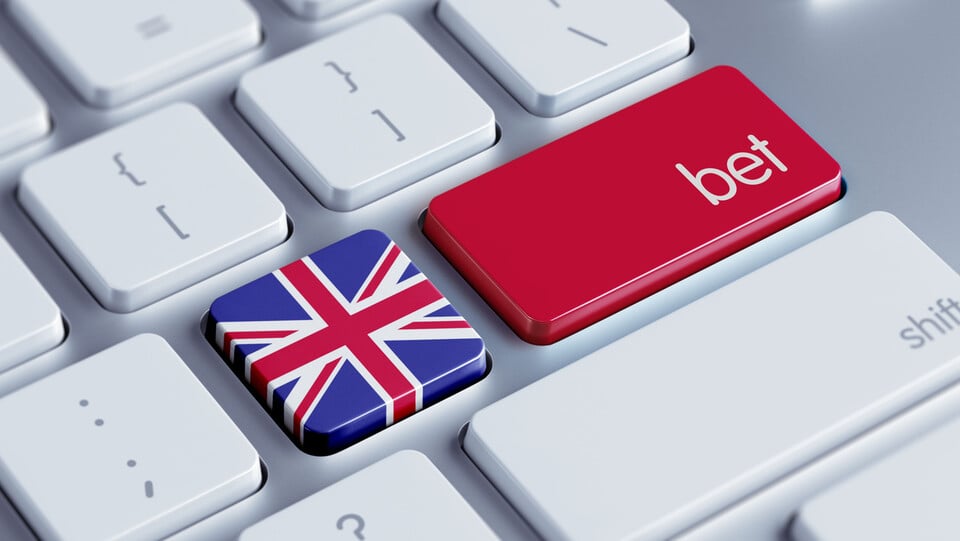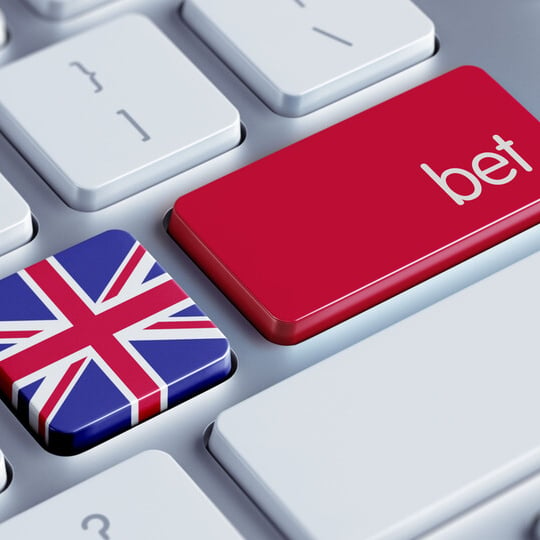The Most Popular Type of Gambling in Britain
Despite seismic cultural shifts in gambling habits, the most popular punt amongst Brits is still the National Lottery.
Brits spend £8.18 billion on the National Lottery every year. It carries one of the larger gender gaps out of popular betting practices, with 35% of men and 28% of women trying their luck in the last four weeks. Quite simply, we’re drawn in by the massive jackpots – the National Lottery made 383 new millionaires in 2024 and paid out £848 million overall.
Charity lottery draws come in at a distant second, with 15% of men and 16% of women partaking in them in the last four weeks. This is one of the only types of gambling that’s more popular amongst women than men. Their popularity makes sense – charity lotteries combine everything lucrative about the regular lottery with the added bonus of making you feel like you are contributing to a worthy cause.
The Growth of Online Casinos
Despite only being on the scene for a little over thirty years, online casinos have asserted their dominance in the gambling space.
In the ten years following 2013, the number of betting shops has decreased by 34.1%. Whilst this includes a significant and predictable drop in 2020, the COVID-19 pandemic only exacerbated a trend that had existed for years.
There’s many reasons for this. People like the convenience of online gambling, particularly its 24/7 availability. Slot machines are designed to evoke a consistent stream of dopamine through colours, lights and small wins – as their appeal is related to instant gratification, they’re even more appealing when they’re also instantly accessible.
Players at online casinos tend to gravitate towards slot games over traditional table games such as poker and blackjack. The lower skill ceiling appeals to broader audiences, and makes slots preferable to players looking to unwind.
In keeping with this theme, gambling nowadays is seen less as a social pursuit and increasingly as a way to relax. Commuters, parents, students – many are opening casino apps in quiet, solitary moments for some quick dopamine. Casual gamers comprise a demographic to whom iGaming is attractive. People who would never travel to a brick-and-mortar casino just to deposit a tenner and play for a few minutes.

How Gambling Differs by Gender
Over half of British men gamble compared to 44% of women. Gambling carries connotations of risk, adrenaline rush and sensation seeking. These are typically seen as masculine interests, but the growing number of female gamblers suggests that the gender discrepancies in gambling activity are based on social factors.
In the last four weeks, 15% of men have partaken in betting compared to only 4% of women. A typical British man’s social life often features betting topics such as sports fixtures, horse racing and, increasingly, politics. The gender discrepancy in betting is likely to widen further due to the androcentric language and iconography in betting adverts.
Despite the rapid expansion of the video game industry, esports betting is still fairly unpopular amongst punters.
A higher proportion of women purchase scratchcards than men. 14% compared to the 13% of men who have bought them in the last four weeks. This could be due to their positioning at shop counters, which makes them common impulse buys.
Almost all other gambling types are dominated by men. Double the proportion of men play slot machines than women, both online and in person. But women who have online gambling accounts tend to put more money into them than men. Most of the time women spend on these platforms is on gaming activities, whereas men tend to prefer betting.
How Gambling Habits Differ by Age
You might assume that young people take part in most online gambling due to their gravitation to online… well, anything.
In reality they’re coming in last, with only 28% of 18-24 year olds online gambling in the last four weeks. Even people 75 and older are online gambling more than gen z adults – 30% in the same time frame. Admittedly, if you exclude lottery draws this drops down to 3%.
Young adults are the least likely to gamble in any capacity, with only 38% of 18-24 year olds participating in the last four weeks. This is likely a result of financial insecurity and changing cultural attitudes.
Young people also have a demonstrably lesser attachment to sports teams than older adults, which has a direct correlation to their participation in sports betting. Only 23% of gen z would describe themselves as passionate sports fans, compared to 42% of millennials and 33% of gen x. Some speculate that this is due to a dampened sense of cultural belonging, and that gen z do not seek community nor civic involvement the way their parents did.
In reality, gen z sports fans tend to support the players themselves; they feel a deeper connection to individuals than the institution of their team, often fostered through to their social media personalities. This is evident through young people’s betting on real-world events on the prediction market. American trading platform Kalshi, where users can bet on things such as Taylor Swift and Travis Kelce’s bridesmaids, reports their largest demographic being 25-34 year olds.
A notable exception to young people’s preference for online over in-person gambling is bingo. Halls have swapped the bingo cage for DJs, confetti cannons and crazy prizes in an attempt to tap into a new demographic. This shift paid off: 18-24 year olds are more likely to have played bingo than those aged 45 or over. Familiarising gen-z with the game has also incited a growth in online bingo amongst young adults.
Young people buy more scratchcards than any demographic. People in their early 20s are the last Brits who were allowed to buy scratchcards at 16 before the minimum age was raised to 18 in October 2021, so it’s understandable that scratching for prizes is one of the few gambling activities they have an attachment to.
Why Do Brits Gamble?
Despite changing tastes, there’s one thing we know for sure: gambling is not going anywhere.
The frequency of our gambling is a testament to the strength of consumer protections in the UK. The UKGC licence is one of the most strictly regulated gambling licences in the world. Players feel safe spending money gambling in this country as they know they’ll be protected if things aren’t as they should be.
Unsurprisingly, there’s a positive correlation between disposable income and gambling expenditure. Historically, Brits have had relatively high disposable income. This is less true in recent years considering the ever-worsening intersections between cost of living, inflation and wage stagnation. Regardless of this, gambling is still ingrained into Brits from an extensive cultural history of the practice. Having a punt on the Grand National, giving mum a scratchcard in her Christmas stocking – we don’t see these habits changing any time soon.
Final Thoughts
As a nation, we love a punt. Alongside the cultural prevalence of betting, a lot of people have their own superstitions that make gambling fun for them.
The gambling industry does a lot for our economy. The revenue generated contributes billions towards our public services. Grassroots sport and high street jobs also feel the benefit. The National Lottery alone donates £600 million into communities across the UK. As long as regulations stay as strong as they are, gambling will remain a fun pastime that gives back to our society.
We’re grateful to have a reputable and trustworthy organisation like the UKGC that keeps gambling safe and enjoyable.
If the fun stops, there’s always help available. If you’re worried about the gambling of you or a loved one, the National Gambling Helpline provides free support 24/7 at 0808 8020 133.




